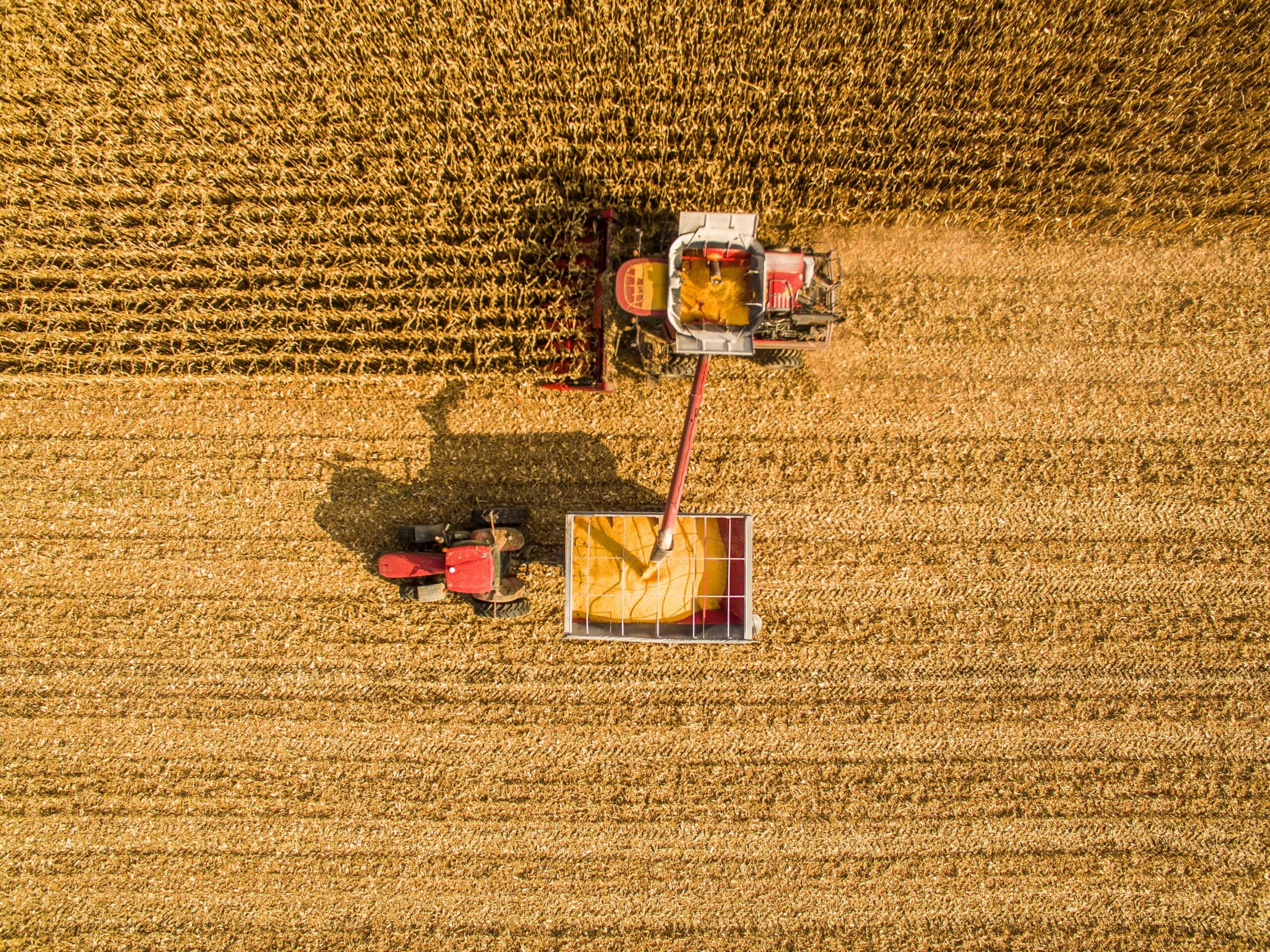
In recent years, Cofco International has secured a leading position in Brazil’s commodity exports. Now, it is close to filling a crucial gap to gain an even larger share of shipments. By the end of March, the Chinese giant will start operations at its new terminal at Santos Port, tripling its export capacity at Latin America’s largest port.
The new terminal will handle 14.5 million tons per year, including soybeans, corn, and sugar—with grains accounting for 9 to 10 million tons of this total. Until now, the most Cofco has been able to export through its own Santos terminal, which is being incorporated into the new one, was 4.5 million tons.
In 2025, the company expects to ship 8 million tons from the new complex, all sourced by Cofco. By 2026, the terminal is expected to reach full capacity, potentially boosting Cofco’s exports from Santos and increasing its share of Brazilian exports. That’s good news for Chinese consumers, particularly amid expectations of rising trade tensions between Beijing and Washington as Donald Trump returns to the White House.
Cofco shipped 17 million tons of grains and oilseeds from Brazil last year, with only 4.5 million tons coming from Santos — the company also exports through ports in northern Brazil. This year, Cofco’s soybeans and corn exports from Brazil may reach as much as 18 million tons, Sergio Ferreira, Cofco’s operations director in the nation, said in interview.
Over the past decade, Brazil became a priority in Cofco’s expansion plans as the Chinese company positioned itself as one of the world’s leading commodity traders. The firm owns 20 grain silos in the state of Mato Grosso, a soybean crushing plant, and four sugar and ethanol mills in Sao Paulo, in addition to Terminal 12A, now being integrated into the new one.
A strong port presence was the missing piece, a long-pursued investment since the consolidation of Nidera’s assets, which the Chinese group acquired in 2014. In 2022, Cofco secured the concession for the terminal for $2 million, with a 25-year contract.
Visiting the new terminal
Last Friday, The AgriBiz visited the construction site. Around 1,400 workers are on-site 24 hours a day, seven days a week, to ensure the inauguration of the Cofco Export Terminal (TEC) in record time—just about a year and a half after construction began.
The company is investing $285 million in the terminal, which will be Cofco’s largest export facility worldwide. It will have a static storage capacity of 490,000 tons, the largest at the Santos Port. Two shiploaders able of loading 4,000 tons per hour are being installed, making it possible to load two Panamax vessels per day in favorable weather conditions—up to 140,000 tons daily.
The terminal will primarily receive cargoes via rail, with an expected 70% of deliveries arriving by train and only 30% by truck. To support this, the company announced an investment of 1.2 billion reais ($206 million) in the purchase of wagons and locomotives, which will be operated by Rumo, Brazil’s largest railway operator. This model is expected to increase efficiency and competitiveness.
“The rail network allows for greater loading efficiency, and with a large static capacity, we won’t need to halt cargo intake. We’ll be receiving and shipping at the same time,” Ferreira said. With Cofco’s own terminal, he estimates that costs will be 10% to 15% lower compared to using third-party terminals.
Sustainable soybeans
On Sunday, at Santos Port, Cofco International signed an agreement with Mengniu Dairy, one of China’s largest dairy companies, and Sheng Mu Organic Dairy to supply them 1.5 million tons of certified sustainable soybeans from Brazil.
The certification guarantees that the soybeans come from areas free of deforestation and land conversion from December 31, 2020. Third-party audits also ensure compliance with other certification requirements, such as sustainable water management and biodiversity conservation on farms.
“There is a growing demand for sustainable soy in China. In the past six months, other Chinese groups have approached us with interest in purchasing certified soy,” said Allan Virtanen, Cofco’s global sustainability and communications director.



